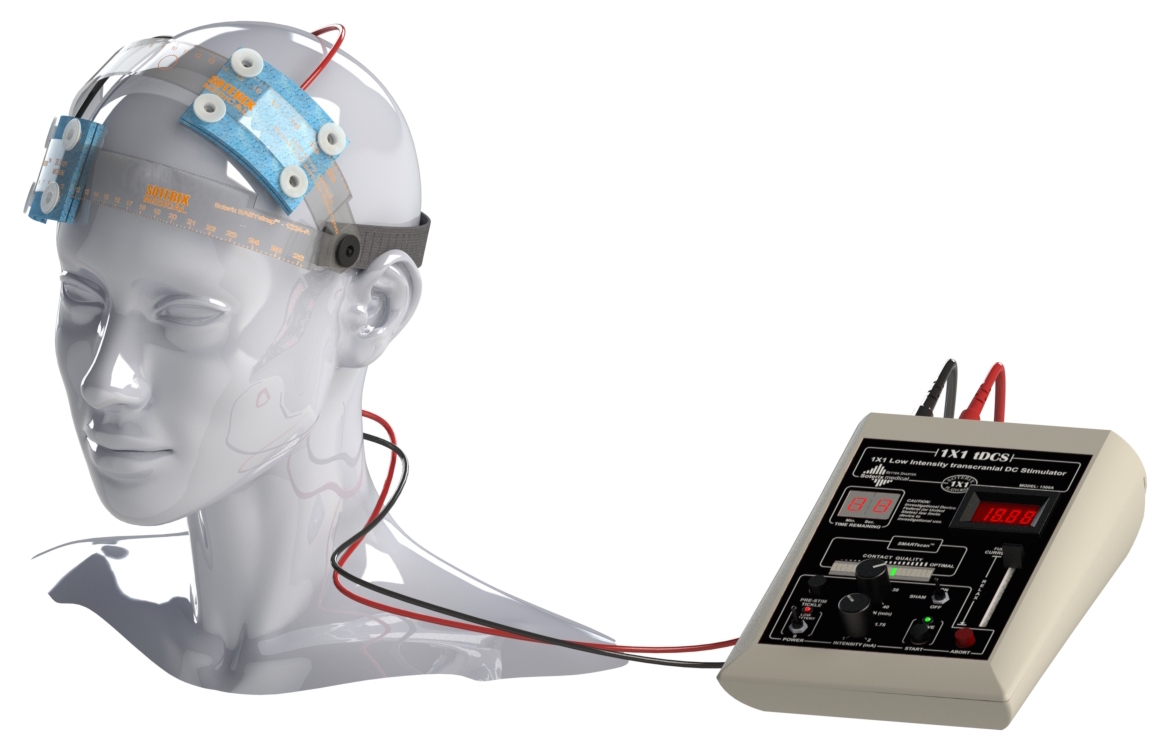For many students, the transition to college life is difficult, and often, things seem to be occurring beyond their control. Presented with an abundance of options and faced with eating as a social act, many students find themselves overeating. The weight gain becomes very difficult to cope with, especially with so much emphasis placed on physical attractiveness in college. Students may develop eating disorders in a misguided attempt to achieve the “perfect” body shape and retain control over their lives by limiting their food intake. The three main types of eating disorders are anorexia nervosa, bulimia, and binge eating disorder.
Anorexia is characterized by very low intake of food and excessive exercise, which can lead to dramatic weight loss in a very short time. Those with anorexia often have a distorted body image and actually see themselves as having been gaining weight even though they are rapidly losing weight. Anorexia is often accompanied by depression, anxiety, and withdrawal from family and friends. If left untreated, anorexia could lead to death because cardiac arrest or kidney failure can occur as a result of malnutrition.
Bulimia is characterized by excessive food intake in a very short period of time, called binging, followed by purging behaviors to try to rid the body of the extra calories. Purging does not include just vomiting but also abuse of laxatives and excessive exercise. Like anorexia, bulimia is often accompanied by depression, followed by suicidal thoughts and anxiety. Those with bulimia may develop a social phobia, especially in the form of fear of public humiliation. If left untreated, bulimia can also result in death for the same reasons.
Binge eating disorder is also called compulsive eating. This is eating for emotional reasons rather than due to physical hunger. People with the disorder may eat because they feel empty or lonely or as a result of any negative emotional feelings they may have. Compulsive eating leads to excessive weight gain and may cause the overeater to resort to drastic diets or purging methods, thus putting them at risk for developing bulimia.
The first step to recovery from any of these eating disorders is to recognize that one has the disorder. After that, one can seek counseling or therapy in order to overcome the disorder. It is difficult when one first enters college, and even as one goes through the college years, to maintain a good body image and self-esteem, but it is important to recognize that despite the various pressures on students to look or act a certain way, they are just social pressures. One can be above them and not let the pervading image of the “ideal” take over their lives.
Article by Ridhima Vemula
Feature Image Source: Center for Change
























